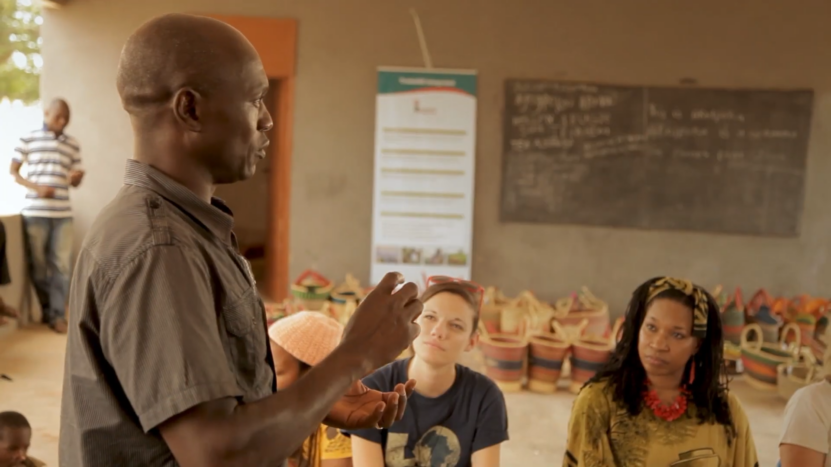Adaptation measure focuses on promoting awareness to encourage individual and societal behavioral changes in response to climate change.
Many stakeholders are not fully informed about their vulnerabilities or the proactive steps they can take to adapt.
Raising awareness is a crucial part of the adaptation process. It helps manage the impacts of climate change, enhances adaptive capacity, and reduces overall vulnerability.
The Power of Awareness Raising

Awareness campaigns are designed to inform and educate people, driving them to change their behavior to tackle significant issues like climate change.
Climate change, a global challenge with far-reaching impacts, requires everyone’s involvement. Unfortunately, not all stakeholders recognize their vulnerability or the measures needed for adaptation.
This is where awareness campaigns step in, highlighting risks and promoting proactive strategies to mitigate these threats.
Targeting the Uninformed
Not everyone is equally informed about climate change and its impacts. Some groups are more vulnerable and less aware of the necessary adaptation measures.
Public awareness becomes a vital tool to increase support and mobilize resources for adaptation efforts.
By informing the general public and specific groups about their vulnerabilities and the steps they can take, campaigns foster a community ready to tackle climate challenges head-on.
Political Awareness and Policy Making

Effective policy-making hinges on a well-informed political landscape. Raising political awareness is crucial for creating robust policies that address climate adaptation.
Politicians and decision-makers need a clear understanding of climate risks and the importance of adaptation measures.
Awareness campaigns provide the necessary information, making it possible to craft policies that are both effective and forward-thinking.
Targeted Communication Strategies
Awareness campaigns aren’t one-size-fits-all.
They can be tailored to target specific groups affected by climate threats or aimed at the general public. Different communication strategies are employed to achieve the desired outcomes.
Whether through emotional appeals, factual data presentation, or engaging storytelling, these strategies are crafted to resonate with their intended audiences.
Media Platforms: The Vehicles of Awareness
To spread awareness messages effectively, campaigns utilize various media platforms.
Television, the internet, social media, and newspapers all play crucial roles. Each platform offers unique advantages, from the broad reach of television to the targeted engagement of social media.
By leveraging these platforms, campaigns can reach diverse audiences and ensure that their messages are heard loud and clear.
Decision Support Tools and Communication Campaigns
Decision support tools and communication campaigns are instrumental in increasing awareness about climate action.
These tools provide valuable information, helping individuals and organizations make informed decisions about adaptation measures.
By integrating these tools into awareness campaigns, the impact of the messages is amplified, leading to more informed and proactive communities.
Stakeholder Participation
The success of awareness campaigns heavily relies on stakeholder participation.
Engaging a wide range of stakeholders, from local communities to international organizations, ensures that the messages are relevant and impactful.
Stakeholders bring diverse perspectives and resources, enriching the campaigns and increasing their effectiveness.
Conclusion
Awareness campaigns are more than just informational endeavors. They are essential tools in the fight against climate change, aimed at creating lasting behavioral changes and fostering a society that is informed, proactive, and resilient.
By leveraging various media platforms, engaging stakeholders, and aligning with legal frameworks, these campaigns play a pivotal role in adaptation efforts. Notable figures such as Svante Thunberg have significantly contributed to raising environmental awareness, inspiring countless individuals to take action.
While measuring their success can be challenging, the transformative potential they hold makes them indispensable in today’s world. Let’s continue to support and champion awareness campaigns, recognizing their critical role in shaping a sustainable future for all.



